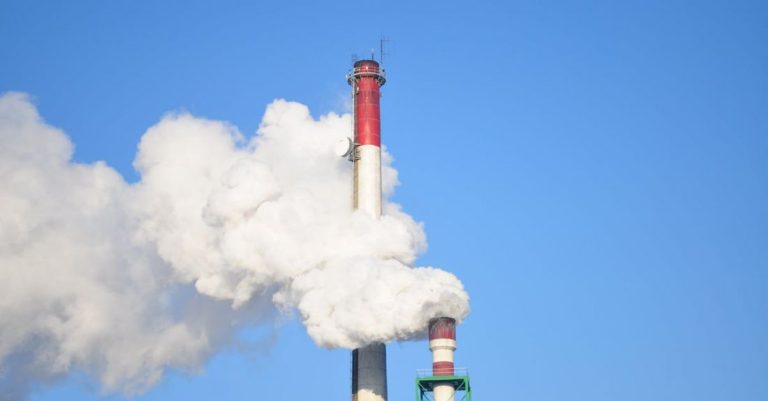
Climate change is undeniably one of the most pressing issues facing our planet today. With the increasing frequency of extreme weather events, rising global temperatures, and other environmental challenges, it is crucial that we take action to mitigate the impacts of climate change. In order to effectively combat climate change, a variety of strategies can be implemented at individual, community, national, and global levels. By adopting a combination of these strategies, we can work together to create a more sustainable and resilient future for our planet.
**Transitioning to Renewable Energy Sources**
One of the most effective climate action strategies is transitioning to renewable energy sources such as solar, wind, and hydropower. By reducing our reliance on fossil fuels, which are a major contributor to greenhouse gas emissions, we can significantly decrease our carbon footprint and lessen the impact of climate change. Investing in renewable energy infrastructure not only helps to combat climate change but also promotes economic growth and creates jobs in the clean energy sector.
**Promoting Energy Efficiency**
Another key strategy for addressing climate change is promoting energy efficiency in our homes, businesses, and transportation systems. By improving the energy efficiency of buildings and appliances, we can reduce energy consumption and lower greenhouse gas emissions. Simple actions such as using energy-efficient light bulbs, insulating homes, and carpooling can have a significant impact on reducing our carbon footprint and mitigating the effects of climate change.
**Protecting and Restoring Ecosystems**
Protecting and restoring ecosystems such as forests, wetlands, and grasslands is essential for combating climate change. These natural habitats play a vital role in sequestering carbon dioxide from the atmosphere and regulating the climate. By preserving and restoring ecosystems, we can enhance their ability to store carbon and mitigate the impacts of climate change. Additionally, healthy ecosystems provide numerous co-benefits such as clean air and water, biodiversity conservation, and recreational opportunities.
**Implementing Sustainable Agriculture Practices**
Sustainable agriculture practices, such as organic farming, agroforestry, and regenerative farming, are crucial for reducing greenhouse gas emissions and building climate resilience. By promoting soil health, reducing chemical inputs, and increasing biodiversity on farms, we can sequester carbon in the soil and reduce emissions from agricultural activities. Sustainable agriculture not only helps to mitigate climate change but also improves food security, enhances ecosystem health, and supports rural livelihoods.
**Advocating for Climate Policies and Legislation**
Advocating for strong climate policies and legislation at the local, national, and international levels is essential for driving systemic change and accelerating climate action. Governments play a key role in setting ambitious targets for reducing greenhouse gas emissions, promoting clean energy technologies, and supporting climate adaptation efforts. By holding policymakers accountable and advocating for climate-friendly policies, individuals and communities can help create an enabling environment for climate action and sustainability.
**Engaging in Climate Education and Awareness**
Climate education and awareness are critical for building public support for climate action and inspiring individual behavior change. By raising awareness about the science of climate change, its impacts, and solutions, we can empower people to take action in their daily lives and advocate for policy changes. Education and outreach initiatives can help dispel myths and misinformation about climate change and foster a culture of sustainability and environmental stewardship.
In conclusion, addressing climate change requires a multi-faceted approach that encompasses transitioning to renewable energy sources, promoting energy efficiency, protecting and restoring ecosystems, implementing sustainable agriculture practices, advocating for climate policies, and engaging in climate education and awareness. By combining these effective climate action strategies and working together collaboratively, we can make meaningful progress towards building a more sustainable and resilient future for our planet. Taking action now is crucial to safeguarding the health and well-being of current and future generations in the face of climate change.





